Hemu Village: Where camellia, tea oil vie for fragrance
Editor's note:
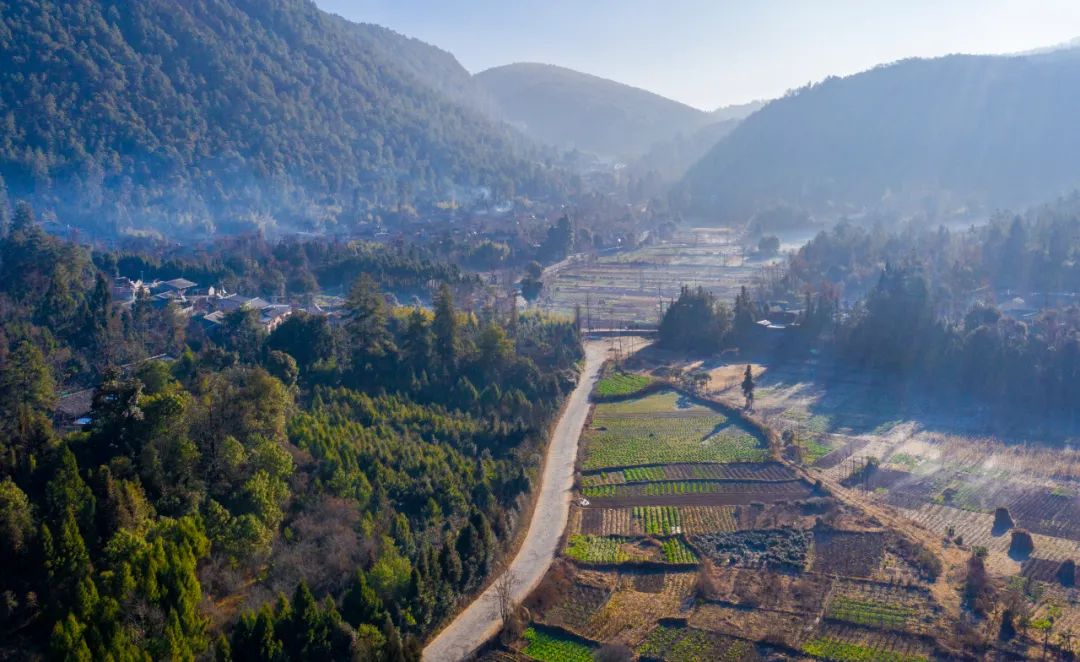
The Hemu village in Tengchong City sits 18 kilometers from the county town, or 6km off the Tengchong national volcanic geo-park. More than 40,000 camellia oil trees grow in the traditional Hemu village with high altitude. The camellia oil trees bloom yearly from December to March, decorating the whole village with fiery-red petals. While admiring the spectacular blooming sight, the villagers also brought into full play the medicinal and edible values of the oil-tea trees with red flowers. Thanks to their geological features, the surrounding areas of Hemu village abound in volcanic stones. Most of the bases of the walls and pillars in their houses are made out of the stones. The villagers take the stones as a grace from Mother Nature.
Hemu Village: Where camellia, tea oil vie for fragrance
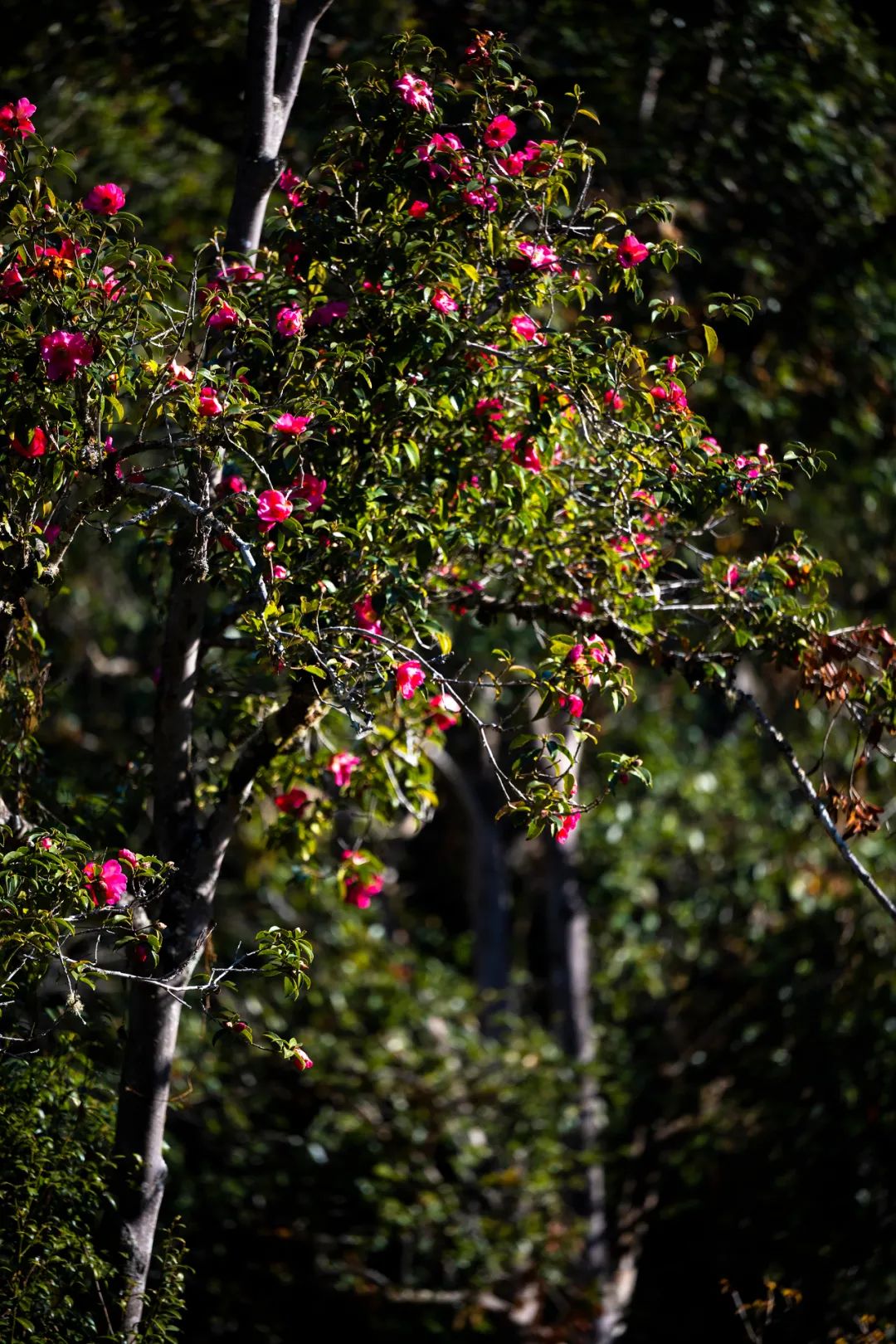
Compared with other tourist destinations in southwest Yunnan’s Tengchong City, the Hemu village is a little quieter. For ordinary sightseers, it seems to be an ordinary tourist village for a short break. For the shutterbugs, however, the village is good for a daylong stay, when they have enough time to cover the camellia oil trees (oil-tea trees with red flowers) and the traditional folk settlement under full preservation.
Hemu Village is home to 40,000 plus camellia oil trees, of which 5,000 are over 200 years old, with the maximum age of 800 years. The camellia oil trees bloom yearly from December to March, when farm houses of the village are surrounded by lush trees with red flowers. The dazzling flowers vie for brilliance on the slope, at the land corner, near the house… Strolling on the winding trails, visitors can enjoy bird chirping and flower scent, typical elements of a pastoral tour.
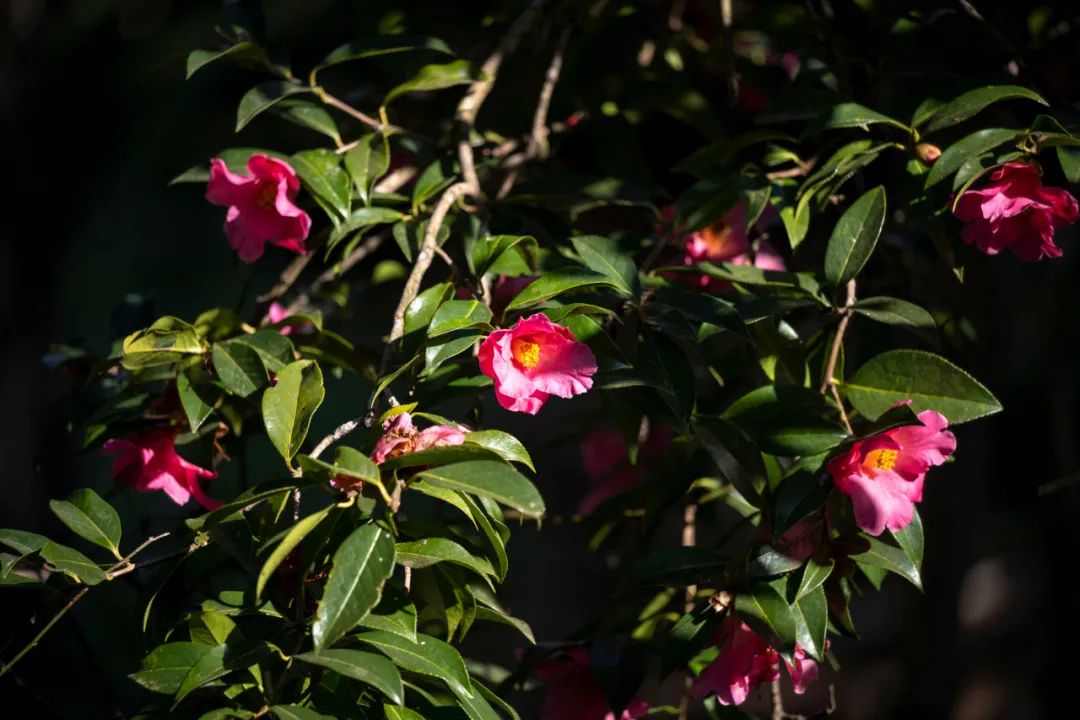
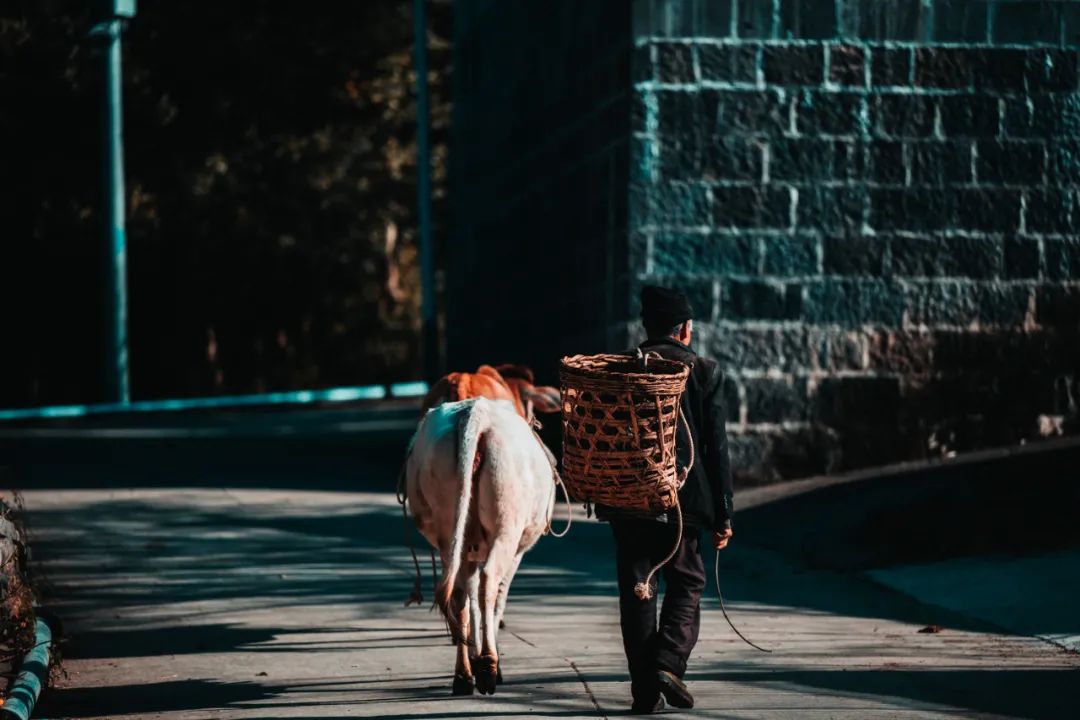
After the blooming season, come the camellia fruits from which oil tea can be extracted. The oil is clear and nourishing. During the oil-extracting season, the villagers dried camellia fruit, mashed it, steamed it and took out its oil with a physical method. The air over the village is permeated with fragrance of the oil. According to seniors in the village, the extracted tea oil used to be a rare and dear food in the gone-by days of material scarcity. The cost of 500g oil is equivalent to that of the hard labor for one day and a half. Now a ballad is still popular in the village: “Be it golden fruit or silver fruit, it’s not as good as our camellia fruit; Be it olive oil or rape-seed oil, it’s not as fine as mom’s ancient tea oil.”

Thanks to its special geological features, the surrounding areas of Hemu village abound in volcanic stones. The villagers are good at making use of the natural materials, and most of the bases of the walls and pillars of their houses are made out of the stones. “Our houses are based on the volcanic stones, and so are the roads in the village.” Duan Yifeng, a local villager, said in Tengchong city folks carved out of the volcanic stones a diversity of household wares: water tank, millstone, flower stand, stove façade, and mashing pot. Hard and durable, the stones are sound building materials, and mosses cannot easily take root on it even in humid conditions. The villagers take the stones as a grace from Mother Nature.
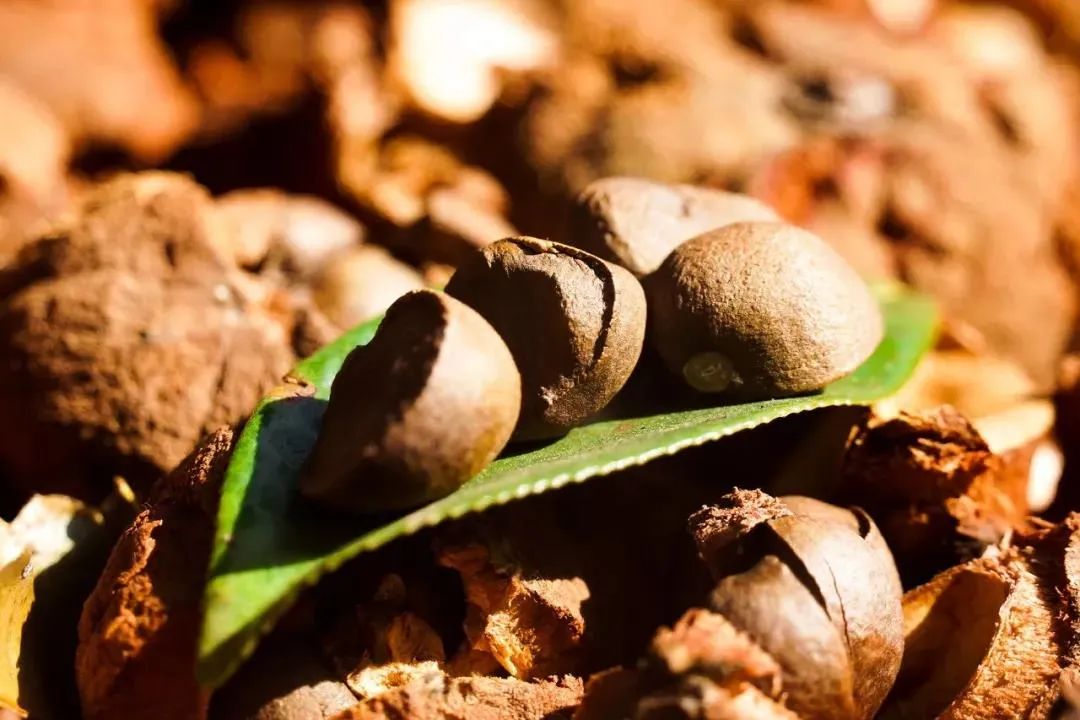
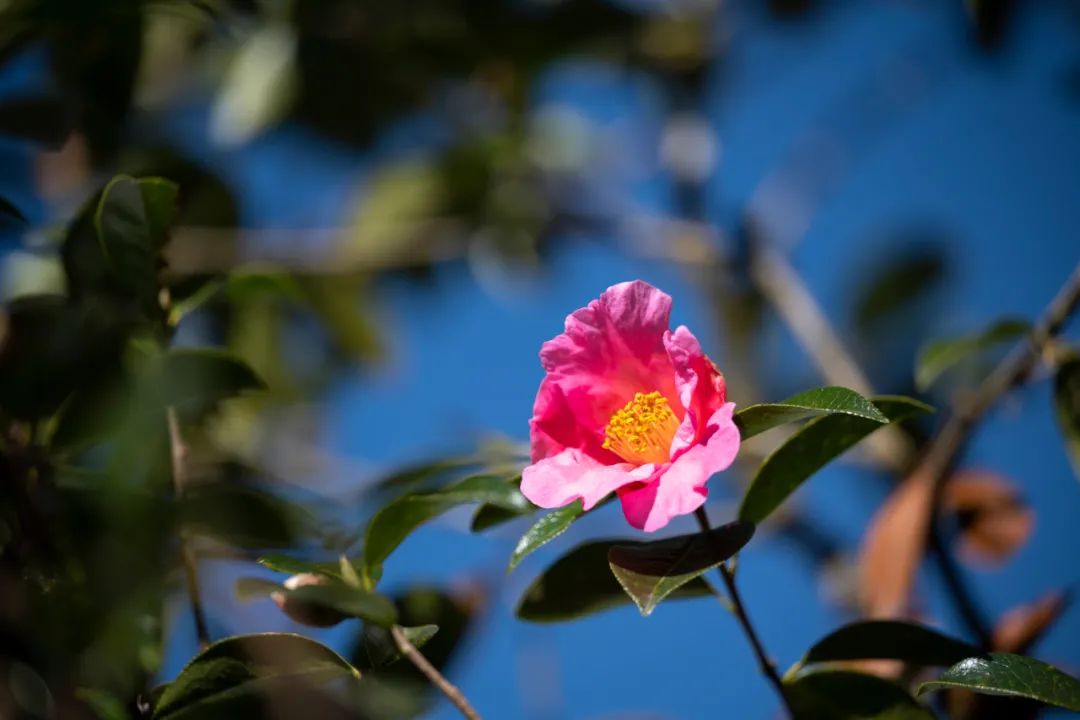
Reporting by Yang Xiujie; Trans-editing by Wang Shixue